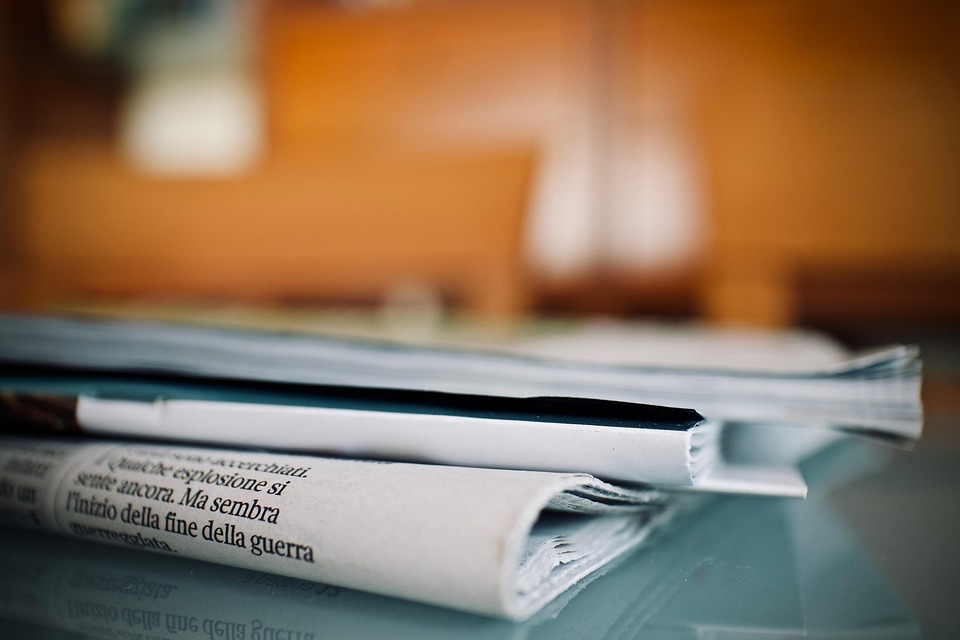Haiti faces an acute security crisis as rival gangs fight for control of the capital, Port-au-Prince, and surrounding areas, while terrorizing local communities through extortion, sexual violence, kidnapping for ransom and murder.
UN member states agreed to impose an arms embargo on Haiti in 2022 – so what went wrong? Here are five things you need to know.
How many weapons are there in Haiti?
Haiti does not manufacture firearms or ammunition, but according to the latest figures According to information published by the Office of the United Nations High Commissioner for Human Rights, it is estimated that between 270,000 and 500,000 illegal weapons are in circulation.
They are not only in the hands of the many murderous gangs that control most of the capital, they are also common among the growing number of “justice” vigilante groups trying to protect people and property in Port-au-Prince’s troubled neighborhoods.
The impact of so many weapons in a metropolitan area of approximately 2.6 million people is devastating. According to the UN, in 2024 alone, more than 5,600 people have been killed due to gang-related activities.
In early December 2024, in just five days, at least 207 people were killed by gangs controlling the Quai Jérémie district of the capital.
Thousands of people have been killed in Haiti because of gang warfare.
Human rights violations and abuses documented by the UN include massacres, kidnappings for ransom, rape and sexual exploitation, destruction of property and severe restrictions on access to essential services, particularly health care and education.
What firearms are in circulation?
It is difficult to accurately estimate the number of illegal firearms in the hands of gangs and vigilante groups, but there is evidence that more sophisticated and lethal weapons are being used.
Haitian authorities have had limited success in stopping the flow of weapons. A shipment of weapons purchased in Miami in the United States and intercepted in the Dominican Republic in February 2025 included a Barret M82 heavy semi-automatic rifle, sniper rifles, an Uzi submachine gun and more than 36,000 rounds of ammunition.
A man is being treated for serious burns in hospital after gangs attacked and started a fire at the petrol station where he worked.
What does the embargo say?
The arms embargo as well as travel bans and freezing of individuals’ assets were authorized by the UN. Security Council in October 2022.
Specifically targeting gangs and individuals deemed responsible for threatening the peace and security of Haiti, it calls on UN member states to prohibit the supply, sale or transfer of weapons and related materiel of all types, including technical assistance, training and financial support related to military activities.
He recognizes that the situation in Haiti constitutes a threat to regional peace.
How to circumvent the embargo?
Well-established trafficking routes from the United States, primarily from Miami – but also from New York via the Dominican Republic – continue to be exploited, often due to weak customs controls and corruption.
Some shipments are intercepted by American authorities before reaching Haiti.
Weapons seized by American law enforcement and destined for Haiti are on display.
There is also evidence of weapons being shipped from Venezuela and other South American countries.
Weapons are frequently concealed in mixed shipments or declared as humanitarian or commercial goods to evade inspection.
There are also growing concerns that assault rifles originally registered to private security companies operating in Haiti will end up in the hands of gang members.
What needs to be done to ensure compliance with the embargo and what help is the UN providing?
The United Nations Office on Drugs and Crime (UNODC) who works on trafficking issues, said ensuring compliance requires a “comprehensive and coordinated approach at national, regional and international levels.”
This means equipping Haitian customs, port and border control authorities with the technical capacity to detect, interdict and investigate illicit arms shipments. Currently, there is not even a single large format scanner in all of Haiti that can effectively identify the contents of a shipping container or truck.
Given that most weapons enter Haiti by sea, it is essential to improve maritime and port security – including inspections – as well as work more effectively with law enforcement authorities in countries of origin.
Providing more resources along the porous border with the Dominican Republic, which shares the island of Hispaniola with Haiti, would help end illicit trafficking through unofficial crossings.
The UN is helping coordinate Haiti and other countries in the region to ensure compliance and providing technical assistance to strengthen arms tracing, customs controls and financial investigations.
“The fight against corruption and illicit financial flows also remains essential to respecting the embargo,” UNODC said.
Since Haiti does not manufacture weapons or ammunition, simply cutting off the supply of bullets would end the gangs’ ability to fight and terrorize communities.
Originally published at Almouwatin.com








